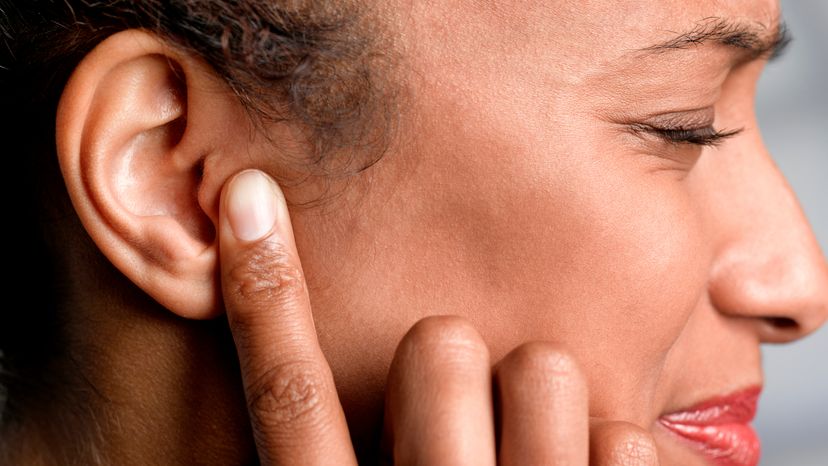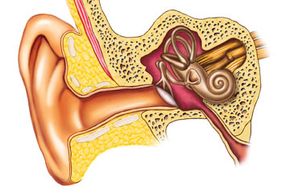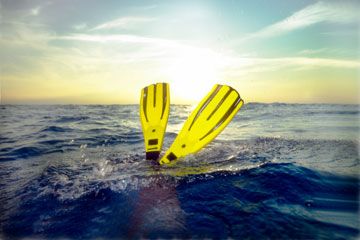
Technically, the word barotrauma refers to any injury resulting from a change in pressure ("baro," as in "barometer") on either side of a bodily membrane. Usually, when people talk about barotrauma in this context, they mean ear barotrauma. While more serious types of pressure-related injuries are possible throughout the body, ear barotrauma is the most common injury of this type, because of the mechanics of your ear membranes.
The eardrum is the only part of your body that depends entirely on pressure and vibrations to work -- it's also tiny, delicate and very sensitive -- which makes it a common victim of this situation. You can get into pressure trouble on airplanes, as you've probably noticed, as well as diving even just a few feet. Both cases involve tremendous changes in pressure that could affect lots of parts of your body, but in practice it's usually the ears that suffer.
Advertisement
The good news is that ear barotrauma usually goes away on its own after a few hours or days, as the pressure slowly equalizes. The even better news is that some simple rules -- whether you're going underwater or up in the air -- can help you cope with it, ease your recovery, or even make sure it never happens at all.



